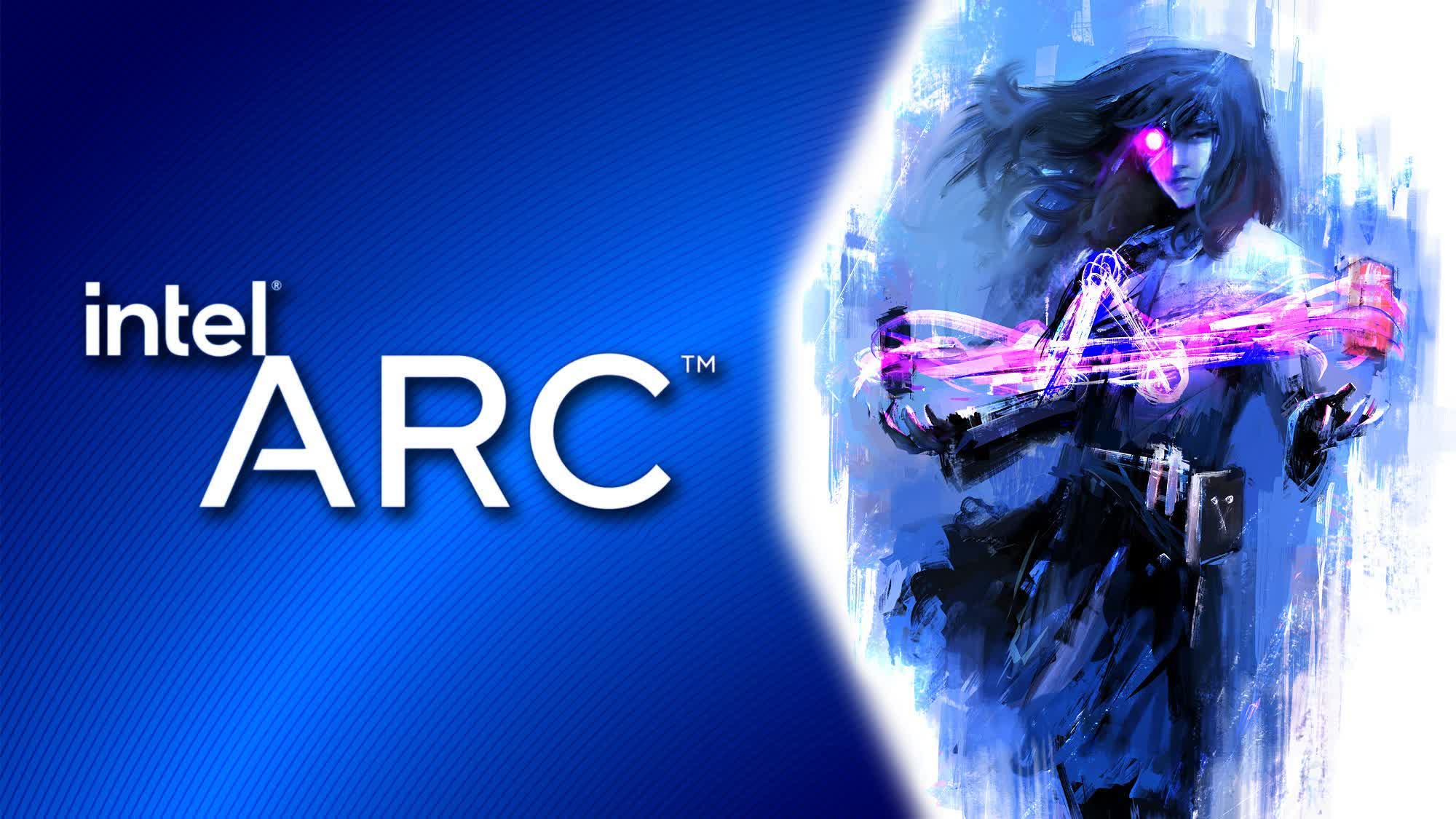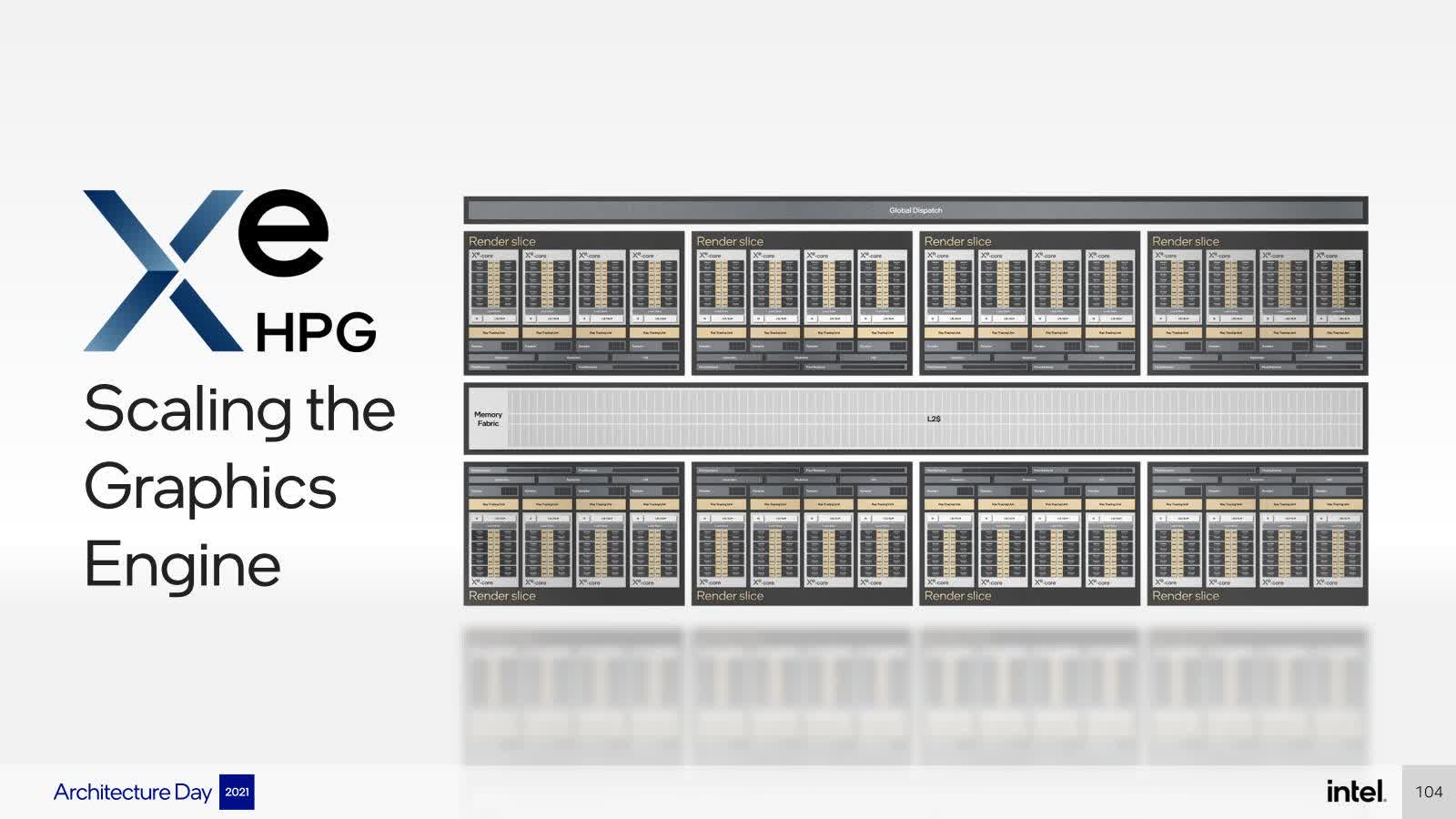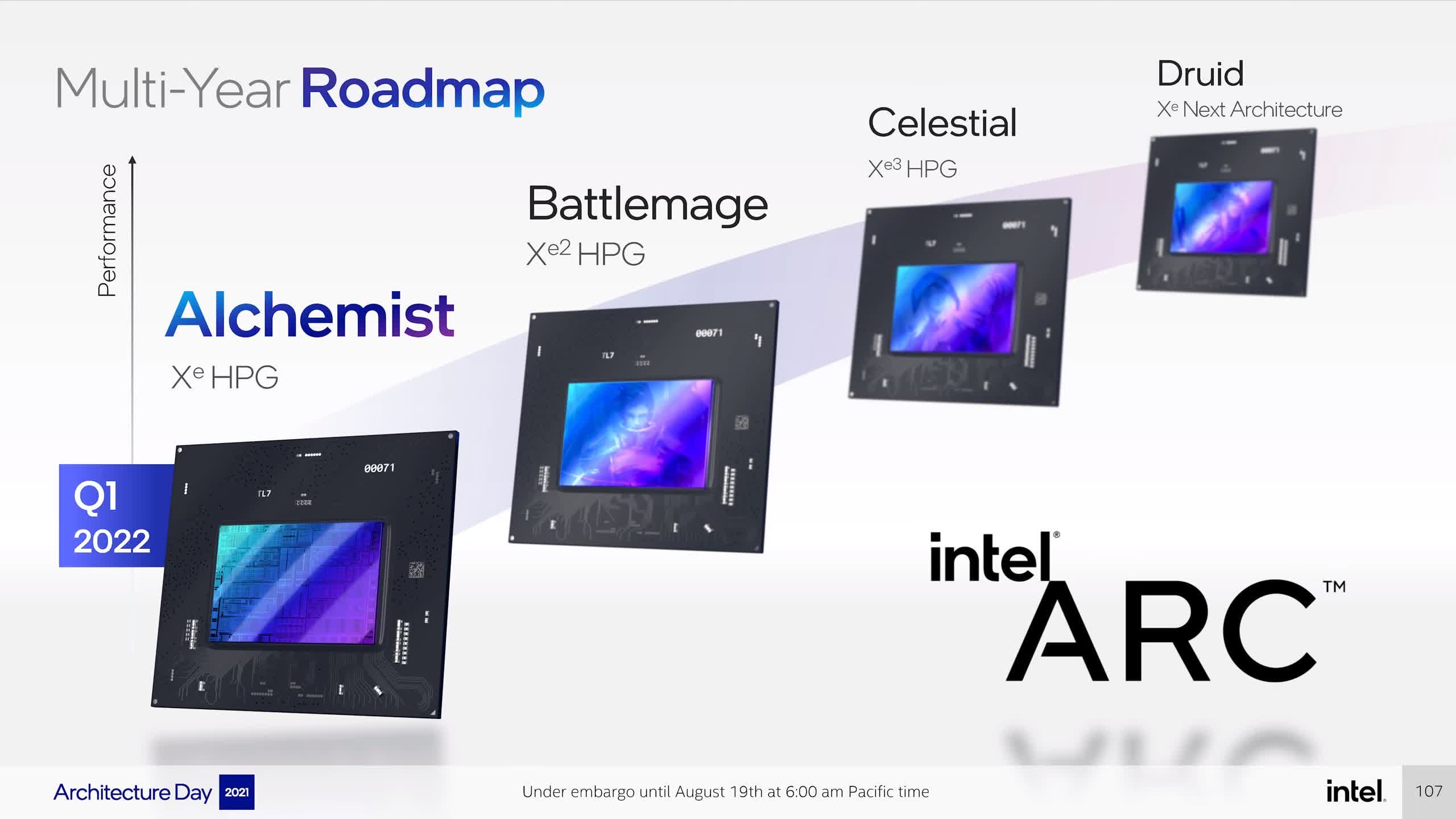In context: There is still plenty we don't know about Alchemist, the first of Intel's upcoming Arc graphics cards. One of the many questions gamers have been asking is will the company follow Nvidia's lead and include some form of mining limiter, thereby making the GPUs less attractive to crypto miners. And now we know the answer: no, it will not.
Gadgets 360 recently took part in a roundtable conversation with Intel's Raja Koduri, SVP and GM of Accelerated Computing Systems and Graphics, and Roger Chandler, VP and GM of Client Graphics Products and Solutions. The discussion revolved around the Arc launch and what people can expect from Alchemist, the first-generation of team blue's discreet GPUs based on its Xe-HPG architecture.
The publication asked the pair if Alchemist would have any hardware or software lockouts to discourage mining, akin to what Nvidia uses in its Lite Hash Rate (LHR) cards. The response will likely disappoint gamers hoping that Intel would be giving them priority.
"This is a tough one to answer," said Chandler. "As far as like software lockouts and things of that nature, we're not designing this product or building any features at this point that specifically target miners. As far as actions we're taking to avoid or lock them out, it's a product that will be in the market and people will be able to buy it. It's not a priority for us."
Raja Koduri added that "We're not putting any extra work, yes."

Cryptomining remains one of several factors hammering a graphics card market that has seen prices return to 83% over MSRP. By not adding a limiter, Intel risks incurring the wrath of gamers in the same way AMD has been lambasted for appearing to not care about the community. But with Intel admitting it will take time for Arc to reach the same popularity level as its rivals, the company likely doesn't want to restrict its potential market.
Another issue facing everyone who wants a new graphics card is availability. When it comes to Alchemist, Koduri was careful not to make promises Intel won't be able to keep. "I'll always be very cautious, when the demand is so high and when the market is so hard. I can always use more supply. So I'm not going to say I have enough supply in this high-demand market. I think every one of my competitors will say the same thing right now," he said.

Other areas of the interview include hints of a separate pro-graphics Arc line. Chandler also spoke about Intel's XeSS upscaling technology. He said the company is working with dozens and dozens of game studios so that a "healthy collection" of games are supported when Alchemist arrives, with more launching over time. He also added that XeSS would be backward compatible with Intel's 12-gen Xe-based graphics solutions, including Tiger Lake and the DG1 platforms.
Quite a few of the questions were met with "we can't discuss the details just yet," but make sure to check out the full article on Gadgets 360.
Alchemist is expected to land in early 2022, though recent rumors suggest it has been delayed until the second quarter of the year, with the laptop versions arriving before desktop. We've also seen some concept images for the very D&D-like Arc codenames: Alchemist, Battlemage, Celestial, and Druid.
